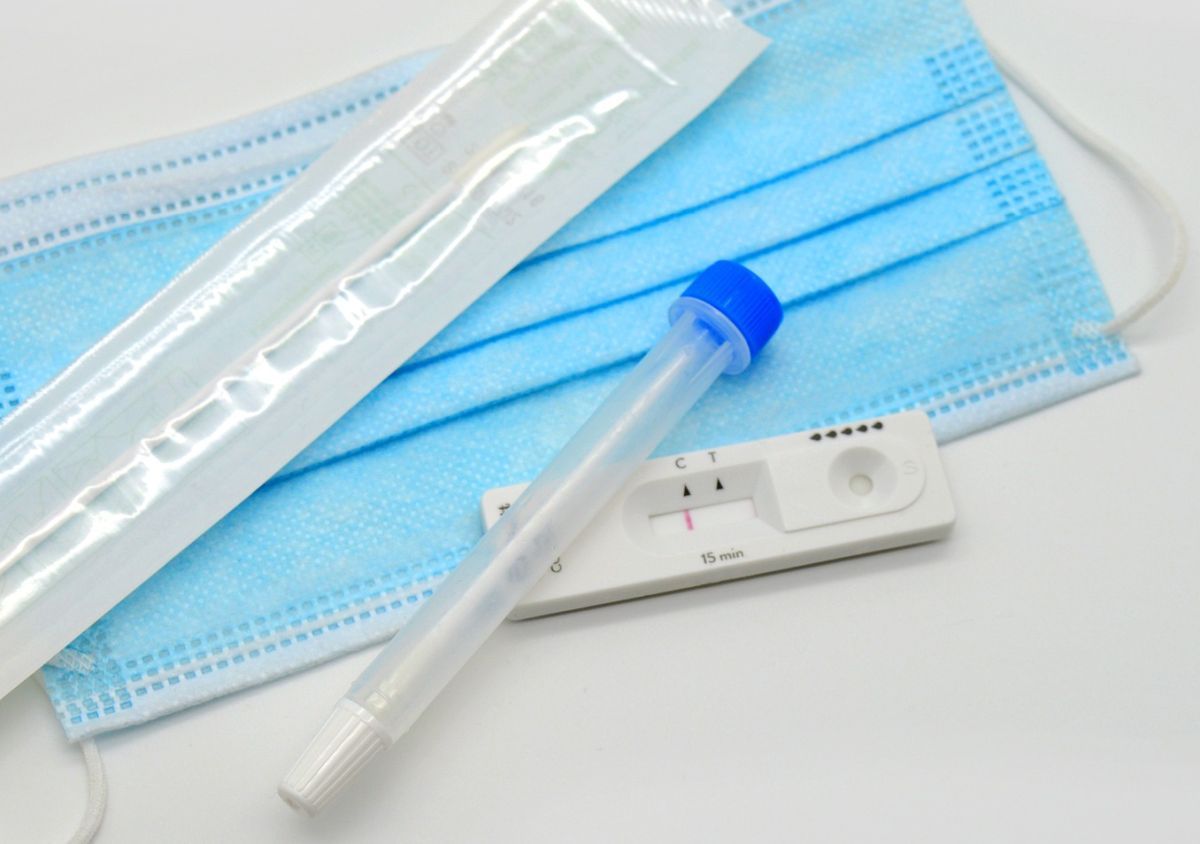Covid-19 Self-testing Mandatory for Greek Transport Workers
Employees in transport are among those in the Greek private sector that must undergo mandatory self-testing for the coronavirus once a week, as of Monday, April 19.
The mandatory self-testing of employees is part of Greece’s Covid-19 self-testing strategy which aims to detect asymptomatic cases.
The Greek government on Saturday published a joint ministerial decision which includes instructions on which employees of the private sector must have a negative self-test result – once a week – before arriving to their workplace.
Transport sector
Self-testing will be mandatory once a week for employees in the Greek transport sector including those who work in:
– long-distance passenger rail transport
– rail cargo transport
– urban and suburban land passenger transport
– road cargo transport
– maritime and coastal passenger transport
– maritime and coastal cargo transport
– air passenger transport
– air cargo transport
– any other activities related to land, sea and air transport.
Also obliged to undergo self-testing are taxi drivers, workers of moving services and couriers.
Once a week self-testing will be mandatory for employees in the food and beverage F&B sector, which includes those who work in stores/establishments that offer food services, catering services and beverage services.
Other private sector employees that must have a negative self-test result – once a week – before arriving to their workplace are those employed in retail, supermarkets, cleaning services, barbershops, hairdressing and beauty salons and betting agencies (OPAP).
Procedure, fines
Private sector employees will receive their self-test kits from local pharmacies once a week. All self-test kits will be free of charge.
Once a week, before going to work they must take their self-test at home and then register the result on the Ergani (national employment monitoring system) online platform that can be accessed through the self-testing.gov.gr website by using their AMKA (social security) number.
If an employee has a negative result, they can go to work as usual after registering it on the platform.
However, if someone tests positive they must undergo a second test at a testing facility (free of charge if it is a state health facility) and then self isolate until the result comes out. If the result is positive again the employee will be excused from work to complete a mandatory quarantine.
Employers will have the right not to accept the services of an employee (and suspend his or her salary) that has not undergone a self-test or has not registered the result on the Ergani platform.
Moreover, employers that do not comply and ascertain that their workers are self-tested every week will be fined 300 euros. Employers will be fined 500 euros for each employee who is discovered at work without having registered his or her self-test result.
In addition, if an employee is found working while having tested positive for Covid-19, the employer will be fined 1,500 euros.
The government has also announced that certain public sector employees will be required to self-test once a week: those working in KEP offices (Citizens’ Service Centers), municipalities and court employees. People employed in local sanitation services and in “Help at Home” program must also self-test for Covid-19.







